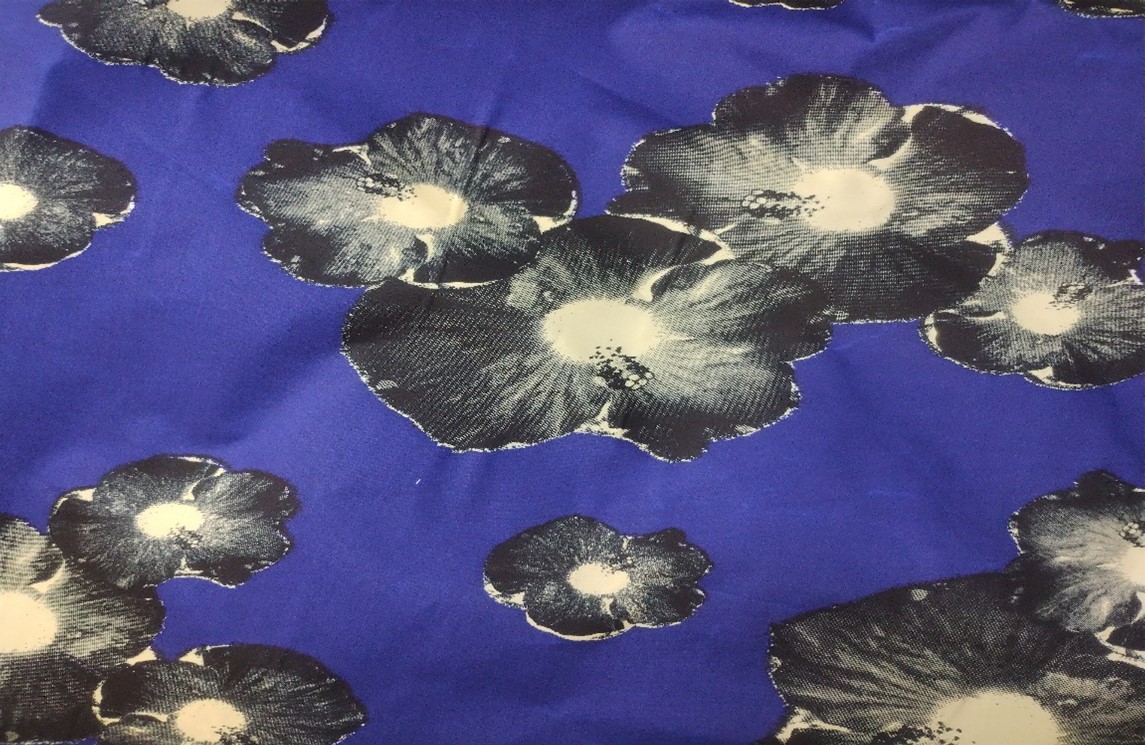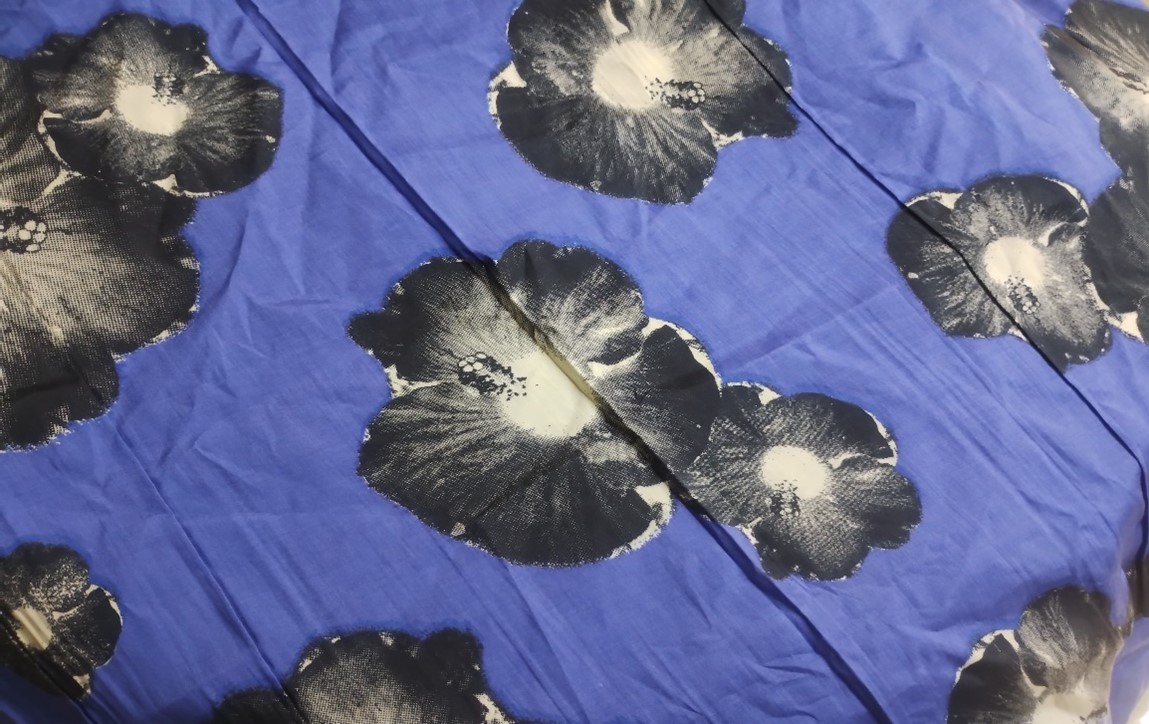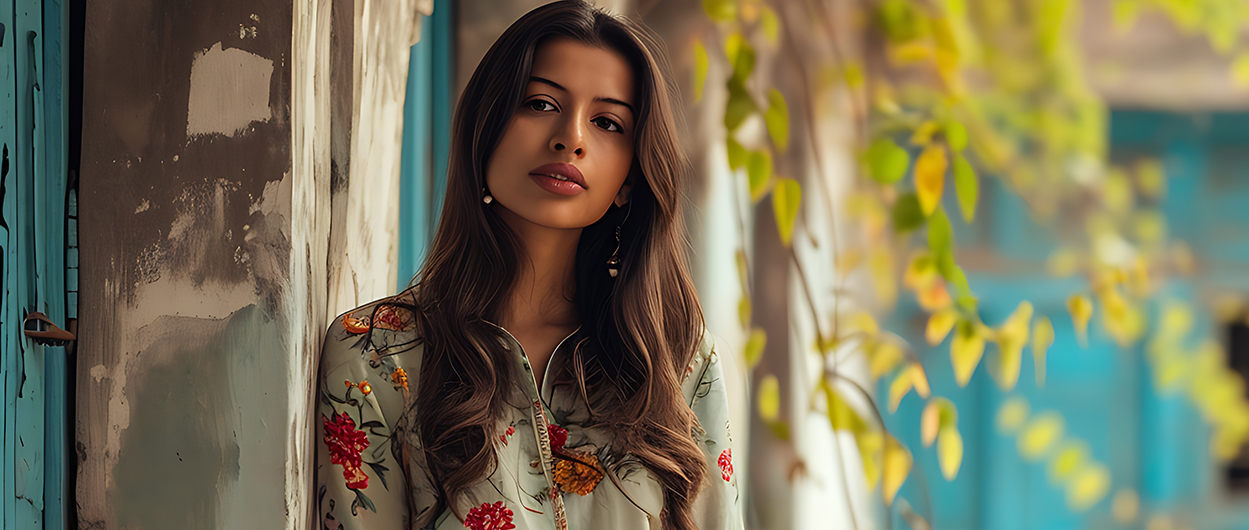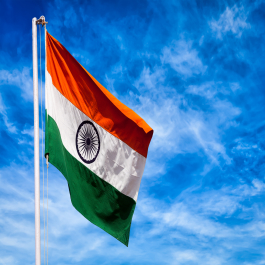From Challenge to Triumph: Birla Cellulose and Mafatlal Industries Perfect Modal Fabric Printing
August 02, 2024Considering the concerns around sustainability in the textile sector, Birla Cellulose, a part of the Aditya Birla Group, has been spearheading sustainable practices in their textile production processes. Their recent collaboration with Mafatlal Industries highlights their commitment to environmental responsibility and maintaining high standards of quality in textile manufacturing.
The primary goal of the trial with Mafatlal Industries was to ensure the color solidity and quality of the 100% Modal fabric printing process, aligning with specific customer requirements. This trial was crucial for meeting stringent quality demands and ensuring the final product's durability and appearance.
Initially, Mafatlal Industries followed an existing soft flow process route:
Greige Singeing → Desizing → Washing → Bleaching → Washing → Neutral → Stenter Dry → Print → Ageing → Soaper Washing → Print solidity not achieved → Sample not approved
This traditional process failed to meet the expected quality standards, necessitating a re-evaluation and modification of the process.
To address this issue, the Birla Cellulose team proposed an alternative process route using jigger technology:
Greige Singeing → Desizing → Cold Causticization → Washing → Bleaching → Washing → Neutral → Stenter Dry → Urea Padding → Print → Ageing → Soaper Washing → Excellent Print solidity achieved
The results of this new approach were outstanding, achieving excellent print solidity and leading to the approval of the sample. The meticulous adjustments made by the Birla Cellulose team demonstrated their expertise and commitment to overcoming production challenges.

Existing Result

Trial Result
Following the implementation of the new process, several positive outcomes were noted. The trial yielded highly favorable results, achieving a very good depth with a solid appearance. This success indicated that the new process not only met but exceeded the desired quality standards. The enhanced print solidity ensured that the final product would meet customer expectations and maintain its quality over time.
The successful completion of this trial has positioned Birla Cellulose and Mafatlal Industries to meet customer demands for high-quality Modal fabrics. With the capacity to produce 50,000 meters per month for Cebon Apparels, they are well-equipped to fulfill large orders while maintaining exceptional quality. This achievement highlights the effectiveness of the revised process and the expertise of the Birla Cellulose team in optimizing textile production methods.
Customer feedback further validated the success of the trial. N. Padwal, the Production Head, expressed gratitude for the attention and commitment shown by the Birla Cellulose team. He appreciated their efforts in understanding the issues related to processing 100% Modal fabric and ensuring the success of the trial. The establishment of a standard operating procedure (SOP) for processing and printing 100% Modal fabric was a significant outcome, providing a reliable framework for future production.
As the demand for sustainable and high-quality textiles continues to grow, Birla Cellulose's ongoing commitment to these principles will play a crucial role in shaping the future of the industry. Their focus on renewable raw materials, water conservation, and process optimization positions them as pioneers in sustainable textile production. With their proven track record of success, Birla Cellulose is well-prepared to meet the evolving needs of the market and continue setting new standards for the industry.
For further information, visit www.livabybirlacellulose.com or write to birlacellulose@adityabirla.com.










